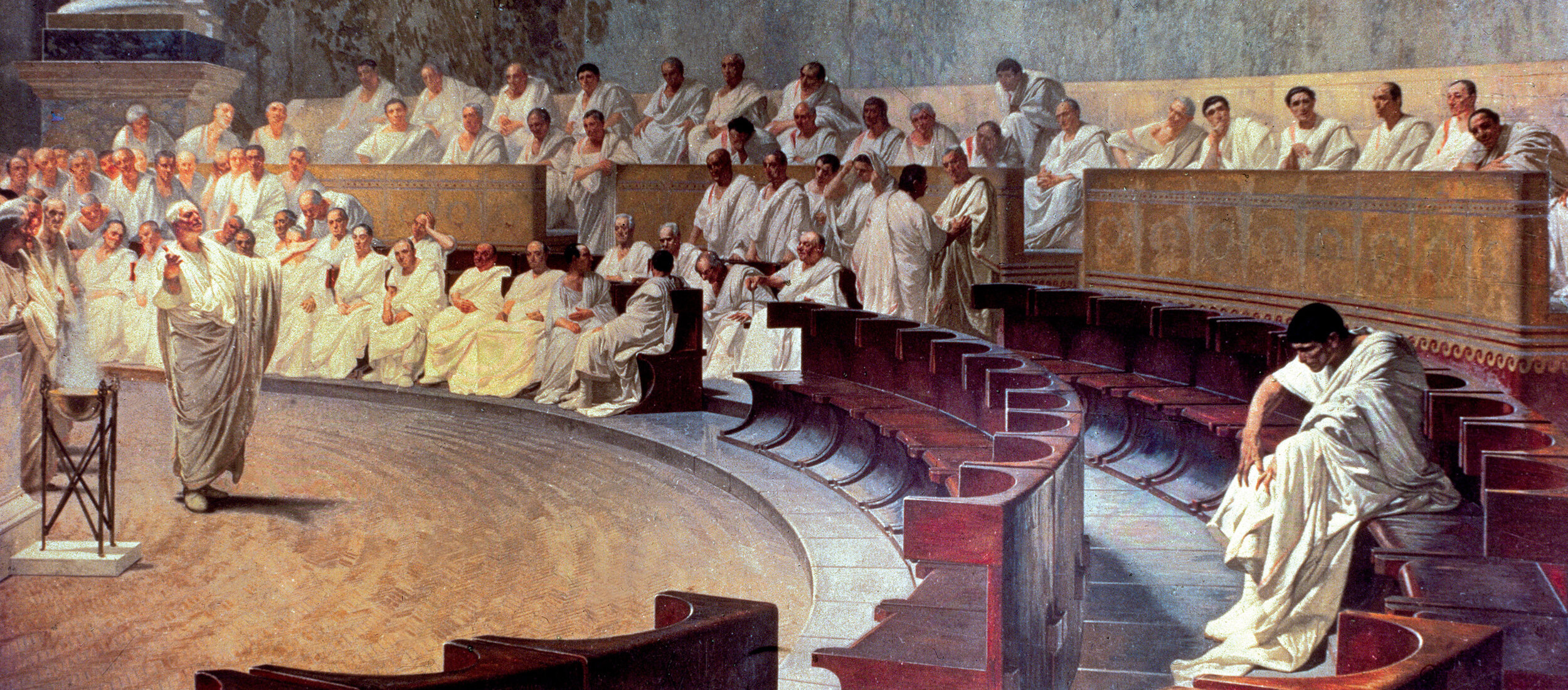Over the weekend I ran across Florence King’s With Charity Toward None: A Fond Look at Misanthropy while browsing my favorite used book store. King (1936-2016) was a Southern humorist, author of Confessions of a Failed Southern Lady, and longtime columnist for William F. Buckley Jr’s National Review. Her specialty was misanthropy—the dislike of mankind.* I had heard her name invoked quite often by other writers for that magazine, and they always spoke with immense affection and admiration for her razor wit and savagely keen eye for human stupidity. So when I saw her name on the spine I grabbed it and started flipping through it.
This passage hooked me. Near the end of a lengthy description of Ty Cobb’s famous temper and general gruffness, King writes:
The Southerner’s famous mean streak is usually attributed to a murky sadomasochism involving fears and fantasies of interracial sex, but I suspect it is really a reaction against the demands of Southern hospitality.
This caught my attention for two reasons. First, it is the fashion, in our sex- and race-obsessed age, to ascribe everything weird or distinct about the South and Southerners to anxieties surrounding miscegenation. This is seldom invoked as a sole causal factor but it is more and more often the first line of explanation, though it fails for a variety of reasons, not the least of which is that it was not unique to the South. Second, King’s suspicion jibes precisely with an observation made by the Coen brothers some years ago, about which more below.
King, delightfully, goes on:
South Carolina novelist Blanche McCrary Boyd writes: “Southerners are as polite as cattle, except when they’re not. When they’re not, they might shoot you or chase you around the yard with a hatchet.”** Living up to a reputation is an exhausting business. It is humanly impossible to be as gracious as Southerners are supposed to be, but we long ago got in too deep. The rest of the country came to believe our propaganda and, fatally, we came to believe it ourselves.
In consequence, we produced monsters of hospitality who cast a pall of incessant, unbearable niceness over the entire region. All classes participated in the torture. The aristocratic prototype of hospitality is the crystalline great lady of whom it is said, “She’s kindness itself.” The plain-folks prototype was my grandmother, the miles gloriosus of the spare cot, constantly braying, “We’ll make room!” and issuing jocular threats about what she would do to a guest who even thought about leaving too soon. (“I’ll just tie you right up and keep you here!”)
Hospitality carried to such extremes is bound to create its opposite, and so we produced the misanthropic good ole boy who greeted out-of-state travelers with speeding tickets or unmarked graves, depending upon his mood. If Ty Cobb had not been a ballplayer he would have made a great Georgia sheriff.
In his first book The Southern Tradition at Bay, Richard Weaver briefly describes the some noteworthy elements of the famous caning of Massachusetts senator Charles Sumner by South Carolina congressman Preston Brooks. Sumner, in a speech laced with sexual innuendo (there’s that projection, again), had insulted Brook’s dying uncle, Senator Andrew Butler. Weaver notes that, as Brooks prepared to avenge this insult, he “deliberated for two days over whether to use the horsewhip, the cowhide, or the cane for his assault upon Senator Sumner because a different degree of insult was implied by each.”
That’s the same care taken in seeing to the comfort of guests applied to the avenging of an insult. The Coen brothers once said that part of their inspiration for Fargo was their observation that “the most polite societies are also the most violent societies.” Compare the courtliness and cold-bloodedness of Arthurian chivalry or the Nibelungenlied, the oathbound rules of host and guest in the Eddas or Beowulf, or the brutal vengeance of Odysseus upon the suitors—the latter a straightforward case of redressing an abuse of hospitality.
The key factor in all of these examples is honor, of course, and King’s observation should ring true the moment you dip into the study of any honor culture. Understand the seemingly paradoxical relationship between mild-mannered courtesy and violence, and how honor adjudicates these conflicting impulses, and you’ll have grasped something important about Southerners. Until then you can only misunderstand and dismiss.
Ty Cobb’s meanness, by the way, has been grossly exaggerated. He was tough, competitive, and extremely aggressive, but as Charles Leerhsen demonstrates in his excellent recent biography A Terrible Beauty, most of the stories of Cobb’s frothing-at-the-mouth psychosis and racism are either caricatures or lies. Check that book out for sure, especially if you love baseball. Here’s a sample of Leerhsen’s findings from Hillsdale College’s Imprimis.
Oh—and I bought King’s book. Can’t wait to read the rest.
Notes
*I am a wannabe misanthrope, too lily-livered and obliging to embrace the lifestyle. I therefore find people like King wonderfully amusing. We need them the same way Lear needed his Fool.
**True story—An aunt of mine, one of the saintliest, kindest, most hospitable and charitable people God ever graced me in knowing, quite famously chased my grandfather around the yard with a hatchet when they were children. His offense? He had eaten a piece of watermelon she had claimed for herself.

















